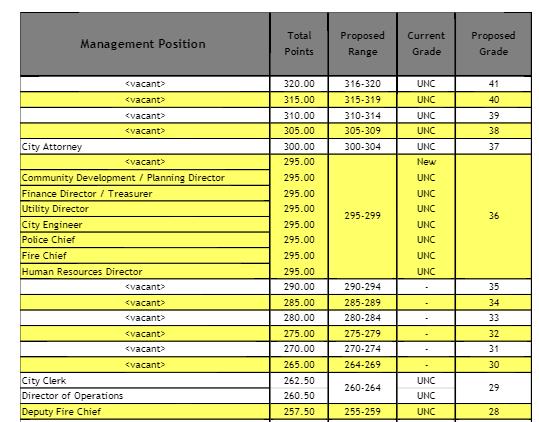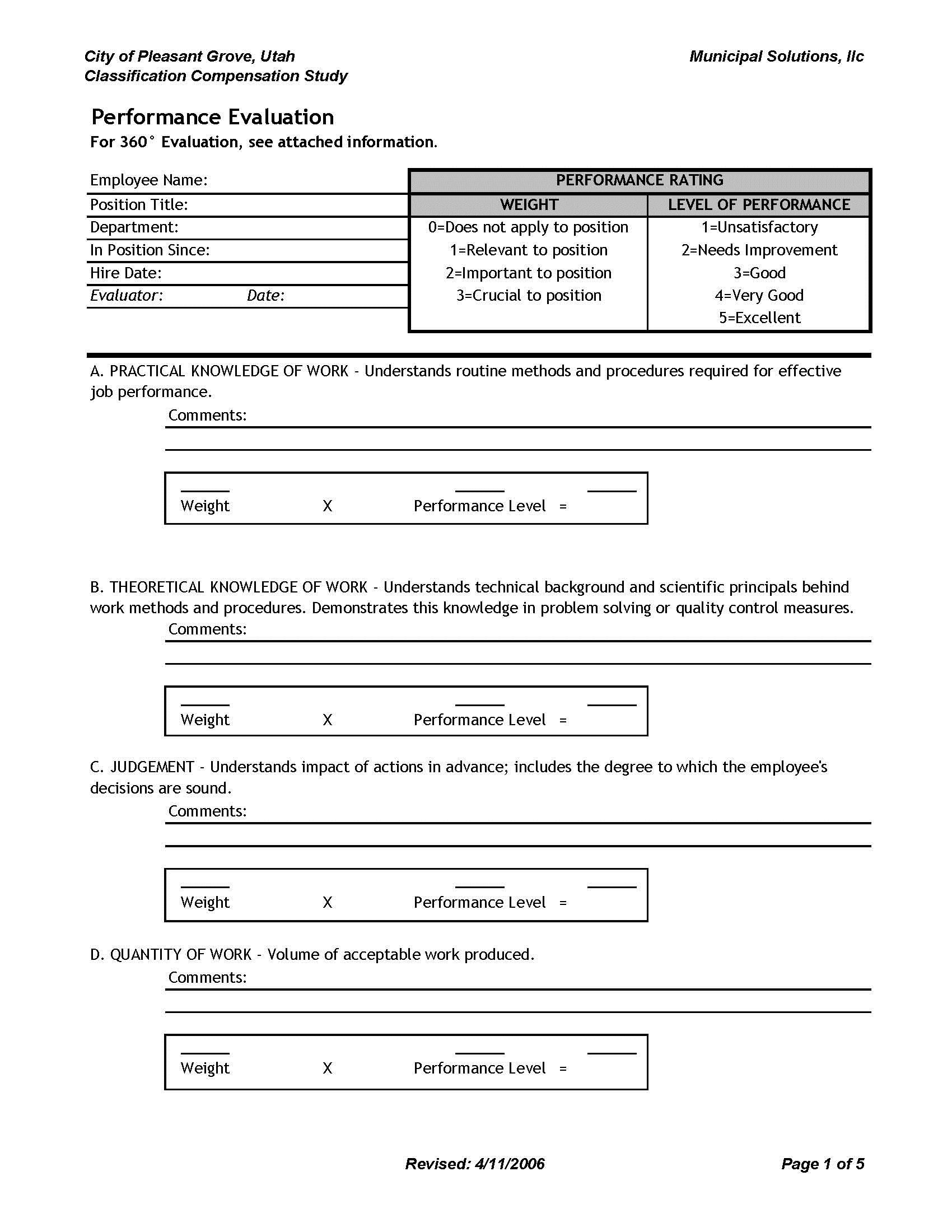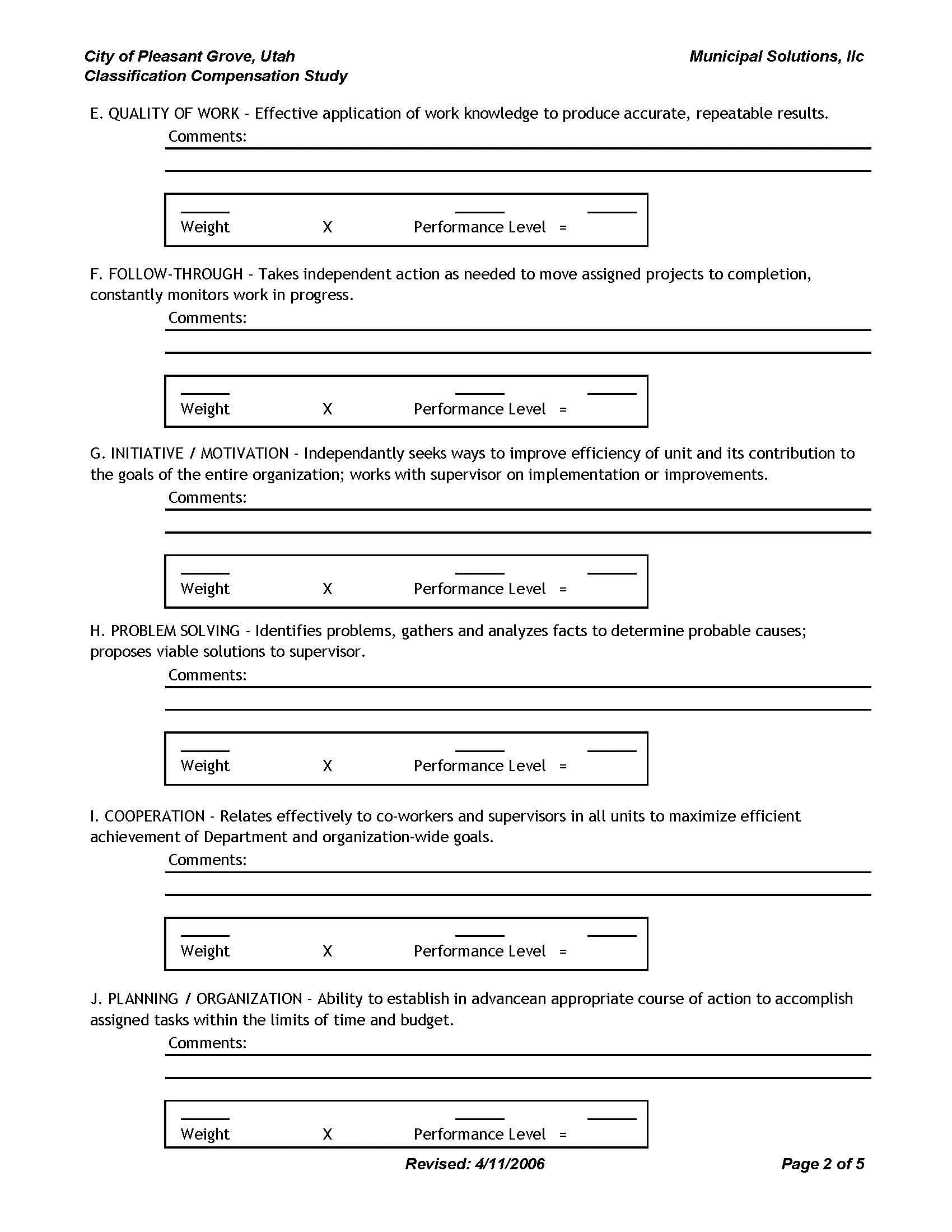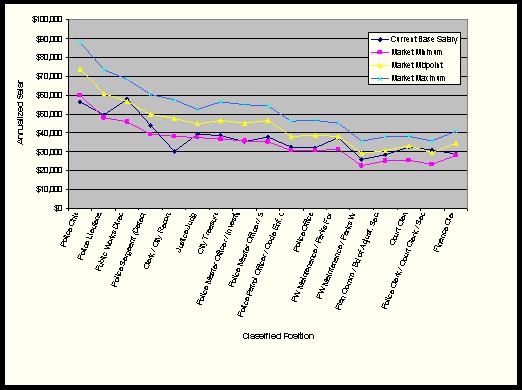® "MUNICIPAL SOLUTIONS" IS A REGISTERED TRADEMARK | © 2023 PRIVACY & USE POLICY
FOLLOW US
® "Municipal Solutions" is a registered trademark in the US and in several states. Use without express permission is prohibited by law.w.

COMPENSATION, CLASSIFICATION & EVALUATION SYSTEMS
Inequity will damage your organization.
Understanding Compensation Systems
Municipal Solutions consultants have managed multiple
local governments whose communities were facing financial challenges caused by personnel-related issues. Compensation and classifications systems must be critically linked in the following order:
1. Job Descriptions (compensable factors)
2. Classification System (internal equity)
3. Compensation System (market-based competitiveness)
4. Evaluation System & Process (performance & risk management)


We would be happy to discuss your situatuation.

1. Job Descriptions (compensable factors)
Problem: Too many local governments have position descriptions which are out of date - or not compliant with ADA or FLSA. Most job descriptions lack clear linkage to the classification system, which increase a city's liability and risk, increasing your agency's potential for unexpected retroactive compensation and even litigation.
Solution: 'Compensable Factors' Analysis and Employee Interviews. When job descriptions contain standard language which can be quantified, these factors permit a clear distinction among positions and an equitable assignment of positions within a classification system. A first step is to (a) administer a Job Description Survey, (b) conduct employee interviews, and (c) perform a Compensable Factors analysis.
2. Classification Systems (internal equity)
Problem: Over time, for many reasons seen and unforseen, classification systems become inequitable, and individuals are often compensated at inequitable rates while performing comparable duties. This increases a city's liability and risk, adn can have a financial and legal implications.
Solution: Once a Compensable Factors analysis is complete, it's possible to conduct an 'preliminary' evaluation of your classification system and identify whether any positions are incorrectly assigned. The third step in realigning your compensation and classification system is the Market-based Salary Study.
3. Compensation Systems (market-based competitiveness)
Problem: Employees are smart. When public agencies fail to maintain competitive salaries and benefits are in relation to other comparable agencies, cities or towns, employees look to better their work environmetn and financial position. Loss of employees (turnover) can cause workflow disruption, negatively impact organizational culture and make recruiting quality employees difficult - having a negative impact on service delivery to residents and businesses.
Solution: The Market Study allow you to identify position-by-position comparables in salaries and benefits providing you with fact-based information necessary to make good public policy impacting the city's finances and services. The value of happy employees and strong organizational culture cannot be overstated.
4. Evaluation Systems & Processes (performance & risk management)
Problem: Too many municipal evaluation systems / processes are infrequent, irregular and inconsistent throughout various departments. When expectations are not clearl, employees cannot perform at their best, and significant dissatisfaction and decreasing workplace effectiveness increases.
Solution: Employees need clarity and accountability to perform their duties effectively. Evaluation systems must be consistent, regular, and effective in tying workplace performance with compensation.






Password: